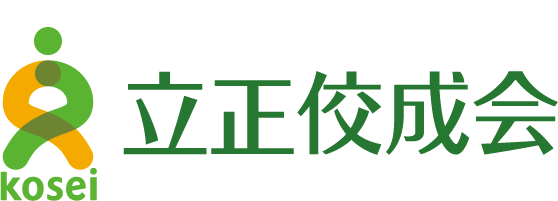立正佼成会は、令和6年3月31日をもちまして佼成病院を学校法人杏林学園へ事業譲渡し、佼成病院は72年に及ぶ歴史に幕を閉じました。
このたびの譲渡は、医療をとりまく環境が厳しさを増し高度な経営が求められる中、地域医療に欠くことのできない病院として安定した医療を継続的に提供していくための判断です。
令和6年4月1日からは「杏林大学医学部付属杉並病院」として運営されています。診療情報等は新しい病院へ引き継がれ、今後も従来通りの診療を行ってまいりますので、患者様および関係者の皆様におかれましては安心してご利用ください。
このたびの譲渡は、医療をとりまく環境が厳しさを増し高度な経営が求められる中、地域医療に欠くことのできない病院として安定した医療を継続的に提供していくための判断です。
令和6年4月1日からは「杏林大学医学部付属杉並病院」として運営されています。診療情報等は新しい病院へ引き継がれ、今後も従来通りの診療を行ってまいりますので、患者様および関係者の皆様におかれましては安心してご利用ください。

